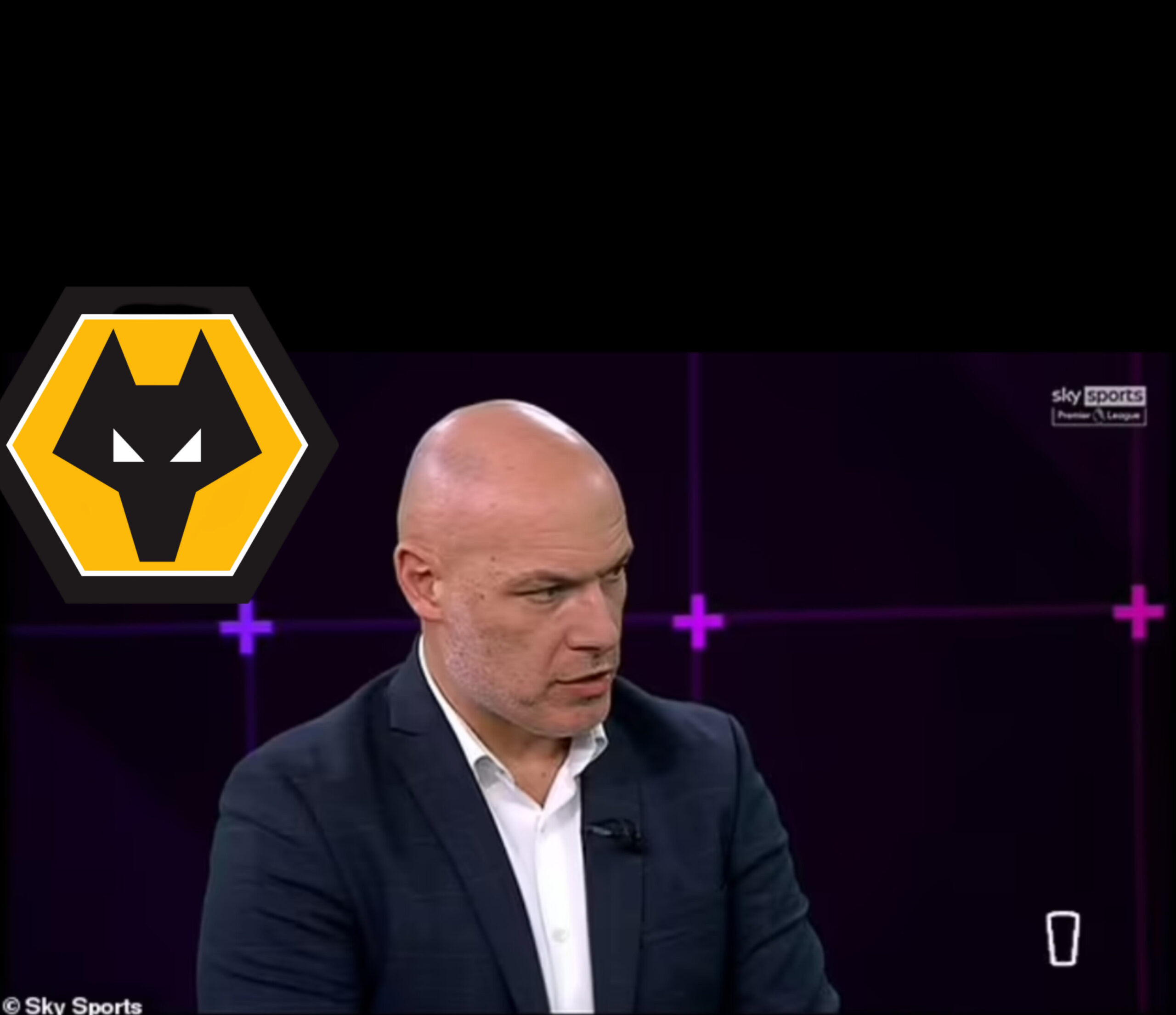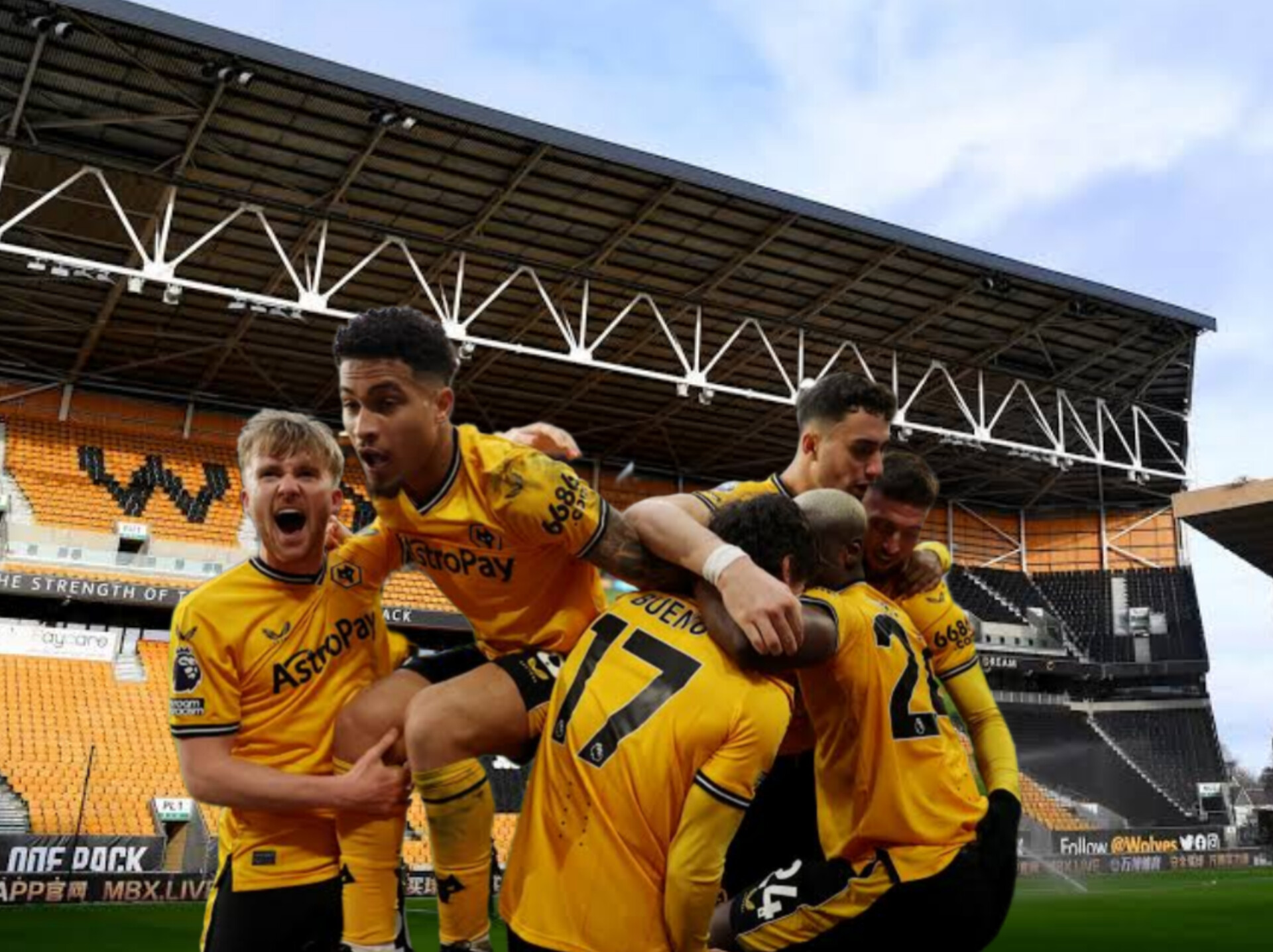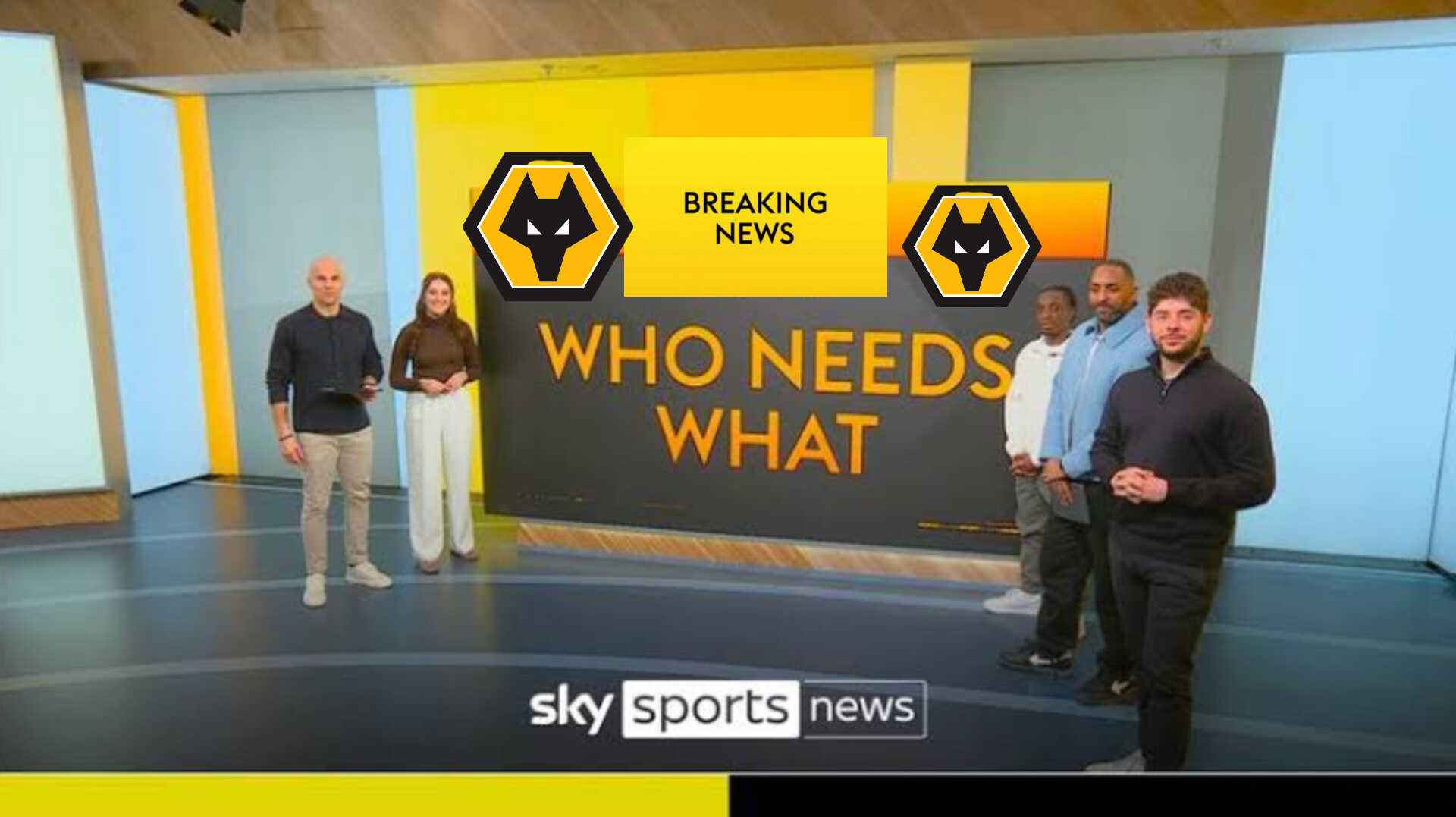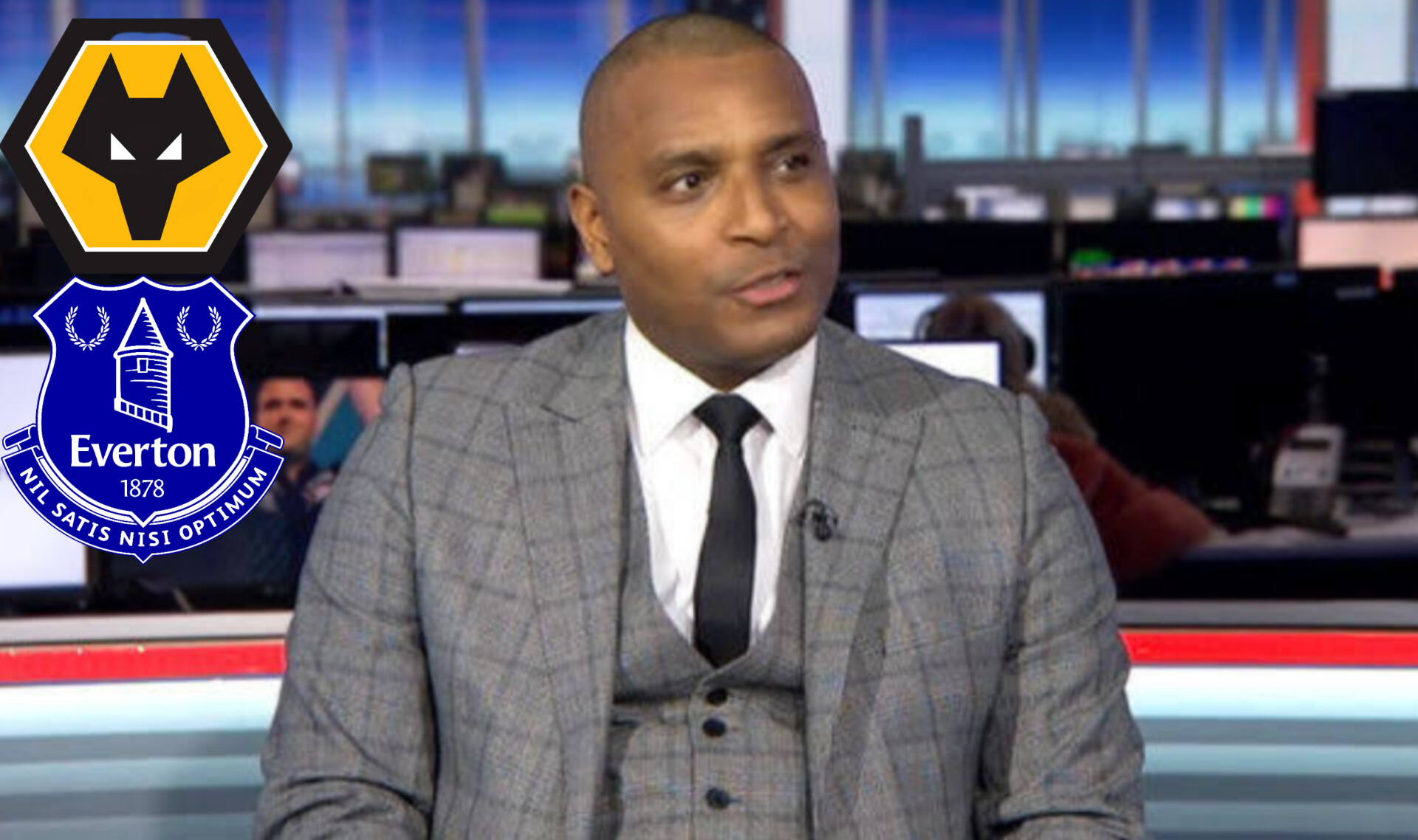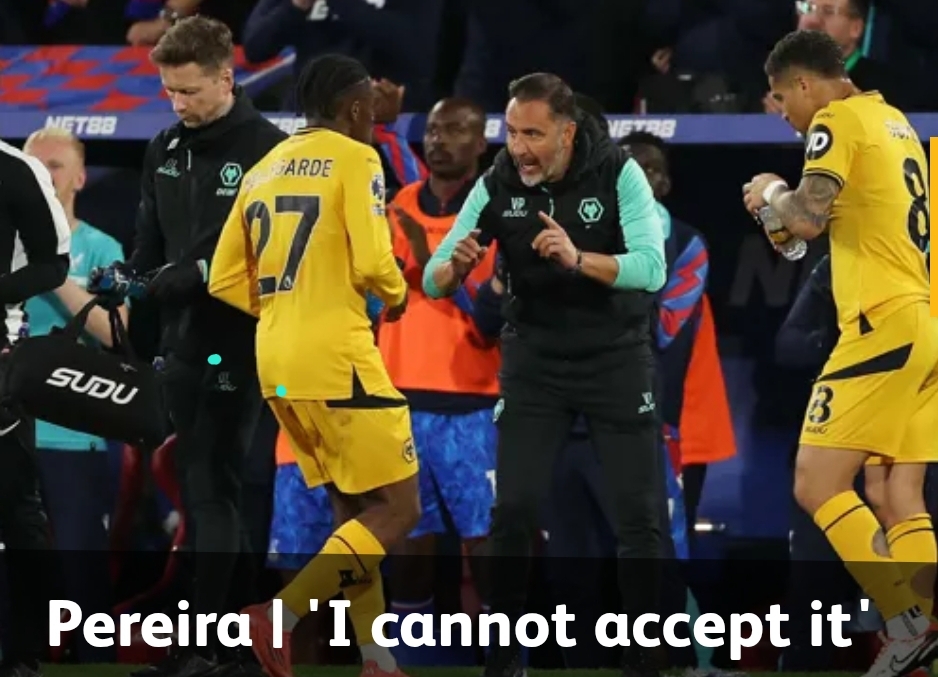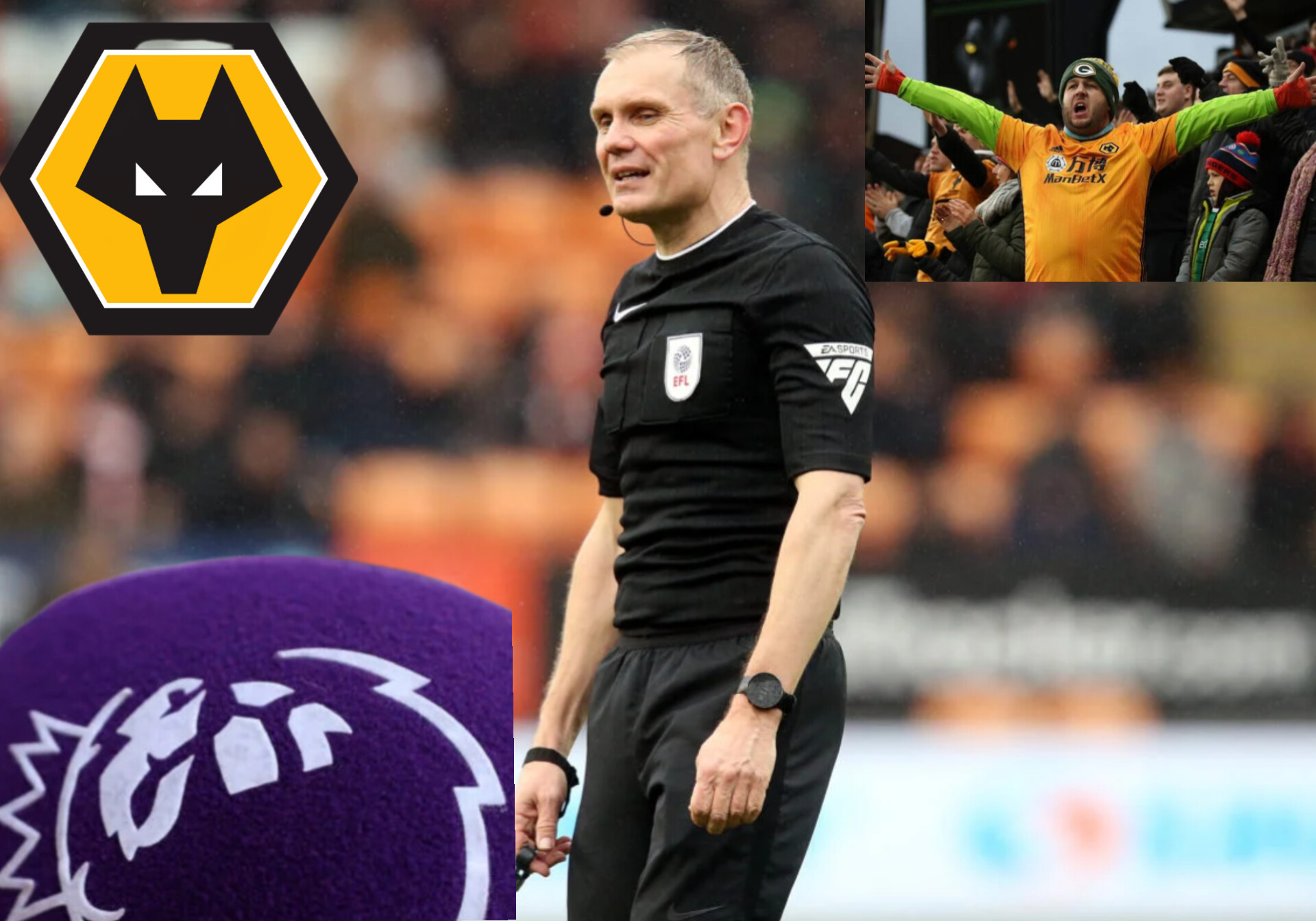Howard Webb has weighed in on the contentious red card shown to Arsenal’s Myles Lewis-Skelly during their match against Wolves, acknowledging that while the decision to send him off was ultimately incorrect, he understands why the officials made that call.
During Arsenal’s 1-0 victory in January, referee Michael Oliver issued a straight red card to Lewis-Skelly for a challenge on Matt Doherty, a ruling that was upheld after a VAR review by Darren England. The decision sparked outrage, with Arsenal manager Mikel Arteta expressing his fury and pundits such as Micah Richards labeling it one of the worst refereeing calls in Premier League history. Arsenal were later fined £65,000 due to their players’ aggressive protests following the incident.
On Sky Sports’ *Match Officials: Mic’d Up*, Webb provided further insight into the decision-making process, as the full VAR audio was released. While he conceded that a yellow card would have been the more appropriate punishment, he maintained that Oliver’s reasoning for giving a red was not egregiously wrong. Webb explained that the referee perceived Lewis-Skelly’s actions as serious foul play, noting the player moved toward his opponent without attempting to play the ball and made high contact with his foot, leading to Doherty’s fall.
VAR reviewed the footage and determined that the contact, while high, was not *clearly and obviously* an incorrect red card decision. Webb clarified that for a challenge to qualify as serious foul play, there must be excessive force or brutality, and in this case, the contact was merely glancing rather than forceful. Because the studs brushed the leg rather than driving into it, most within the football community agree the incident fell short of warranting a straight red.
Despite this, the officials on the day upheld the red card, as they did not deem it a blatant error. Webb pushed back against claims that this was a catastrophic officiating mistake, arguing that while the decision was not ideal, it was understandable given the context. He emphasized the importance of reviewing incidents at full speed rather than relying on slow-motion replays, which can distort reality.
Ultimately, Webb suggested that VAR should have intervened to downgrade the card to a yellow but acknowledged why that did not happen in the heat of the moment. He reiterated that ongoing reviews and feedback are essential to aligning officiating decisions with the expectations of the game.
